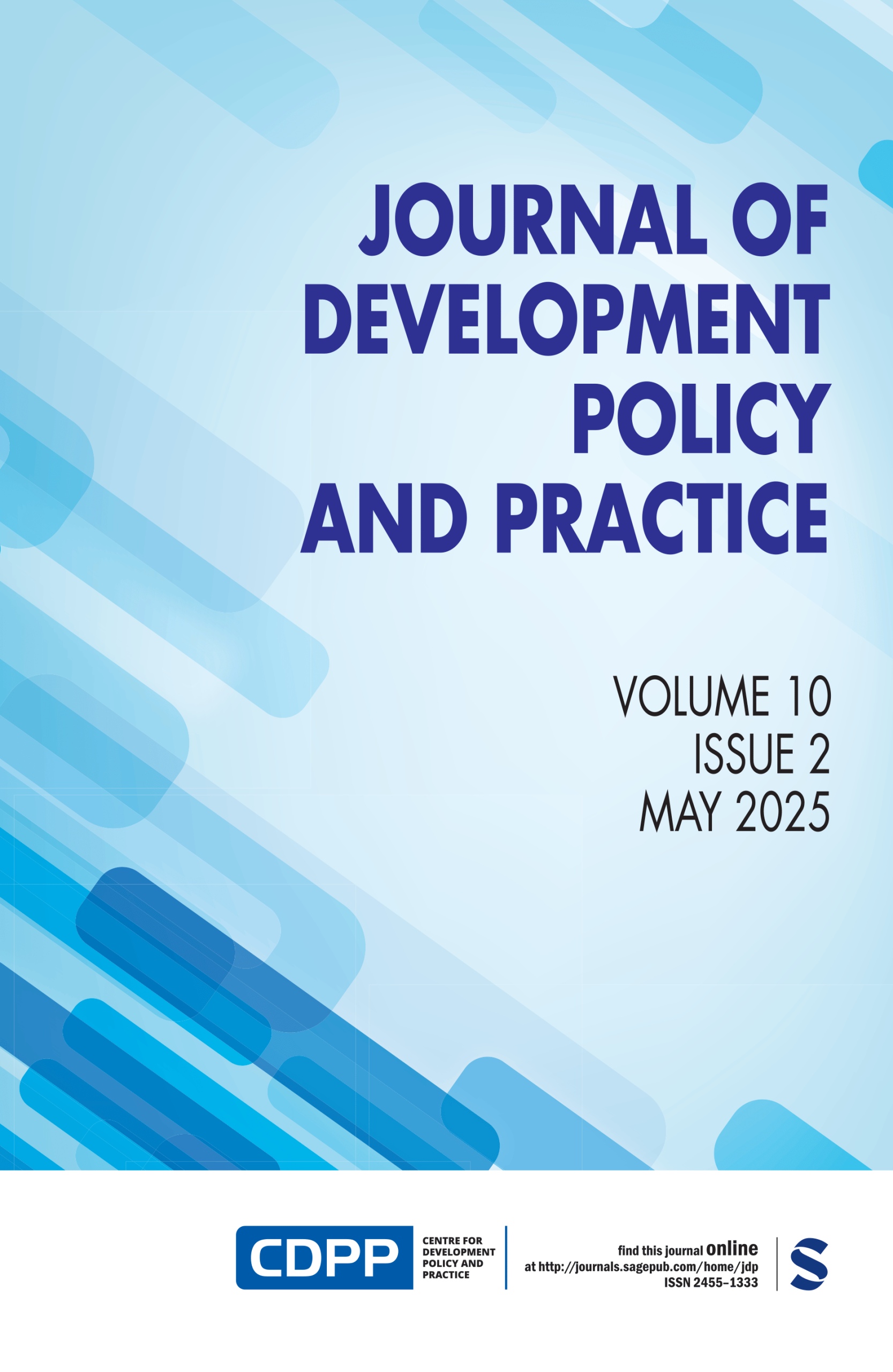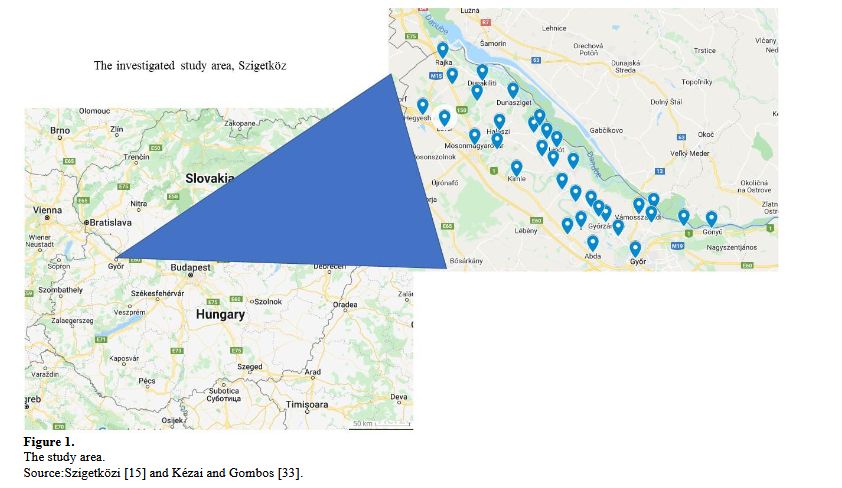Dysfunctional advocates? analysis of the Visegrad Group positions on the enlargement policy of the EU (2014–2025) – by Boglárka Koller & Krisztina Arató
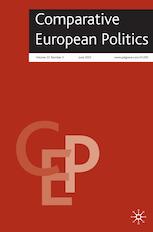
Dysfunctional advocates? analysis of the Visegrad Group positions on the enlargement policy of the EU (2014–2025) Boglárka Koller & Krisztina Arató Published: 11 June 2025 – Comparative European Politics Abstract The Visegrad Group (V4), a unique subregional cooperation within the European Union, has experienced a negative shift following the Russian aggression in Ukraine. The […]
Wellbeing and environmental performance of the Visegrad countries at the beginning of the 21st century – by Csaba Lakócai
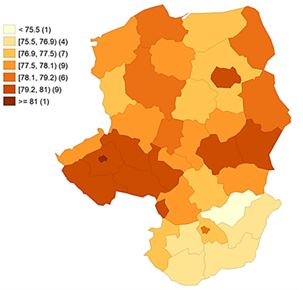
Wellbeing and environmental performance of the Visegrad countries at the beginning of the 21st century Csaba Lakócai Following the dissolution of state-socialist systems, there was a rapid institutional convergence between postsocialist Central and Eastern Europe (CEE) and the West. However, the institutional convergence was accompanied by a decline in formal economic development indicators […]
Can natural gas be made visible, or viable? Book chapter by John Szabó in Power Shift – Keywords for a New Politics of Energy
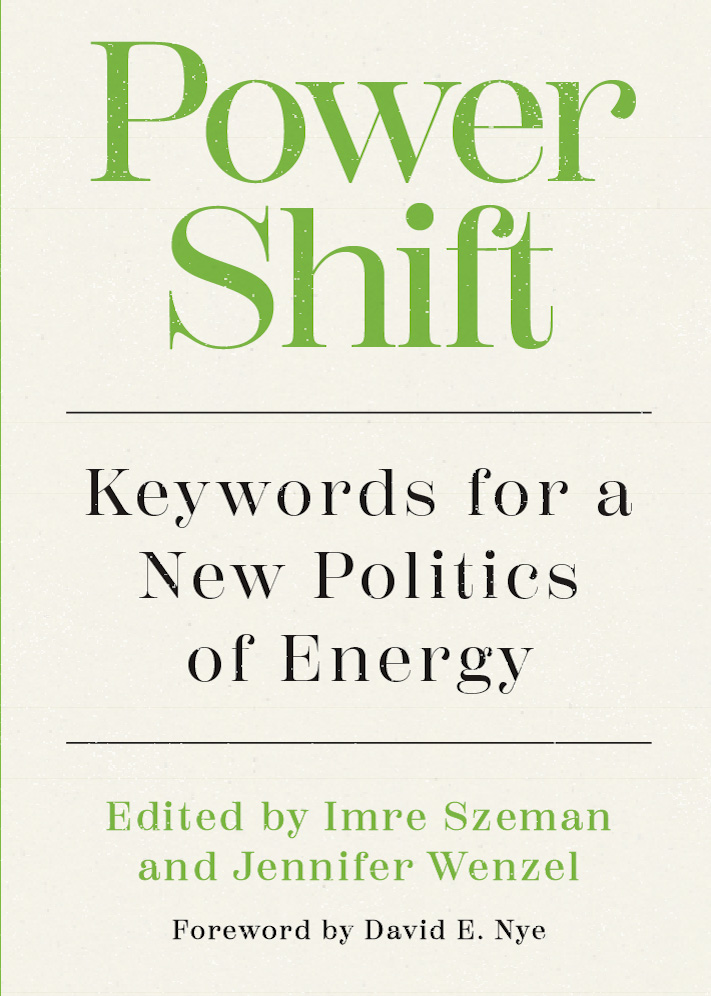
Power Shift Keywords for a New Politics of Energy Edited by Imre Szeman and Jennifer Wenzel West Virginia University Press – April 2025 – 374 pp Energy and Society series Chapter Natural GasCan natural gas be made visible, or viable?John Szabo Summary Power Shift traces recent social and cultural shifts in […]
Content Validity of Conventional Questionnaire-based Measurement of Trust – new research article by Ákos Bodor, Márk Hegedüs & Zoltán Grünhut
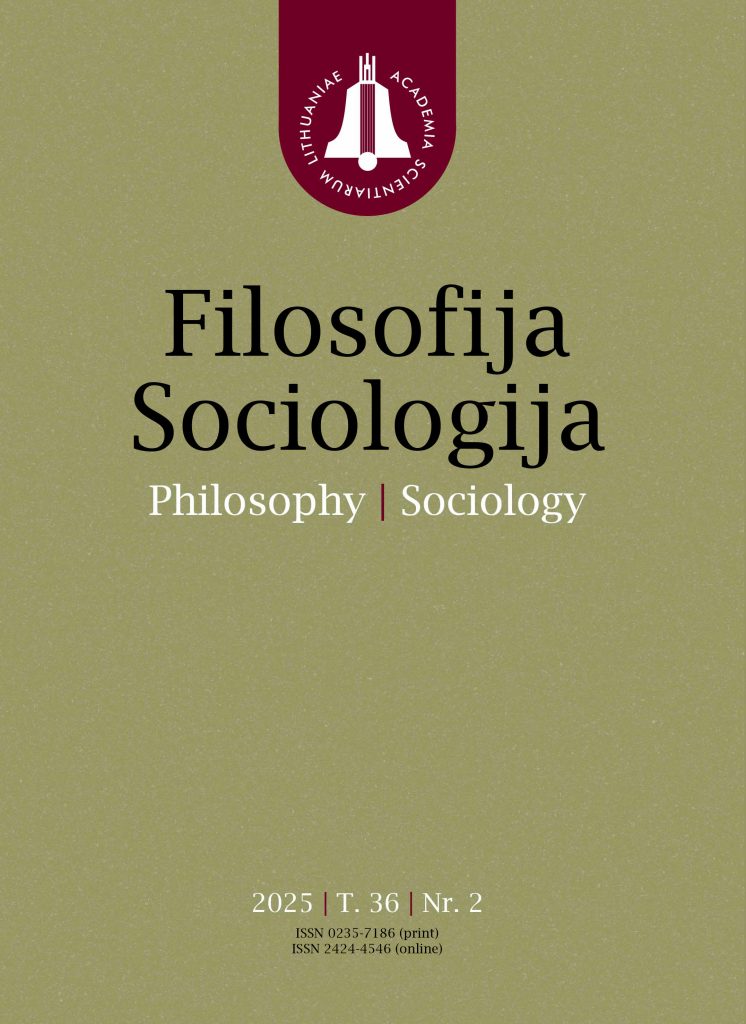
Content Validity of Conventional Questionnaire-based Measurement of Trust Ákos Bodor – Márk Hegedüs – Zoltán Grünhut Filosofija. Sociologija / Lithuanian Academy of Sciences / Vol 36 No 2 (2025) Sociology Section, Published: 2025-05-26 Abstract This study provides a comprehensive critical examination of the so-called standard trust variable, which is considered to be the most commonly used tool […]
Factors influencing the spatial distribution of international retirement migrants settling in Hungary – new study by Bálint Koós, Patrik Tátrai & Dóra Gábriel
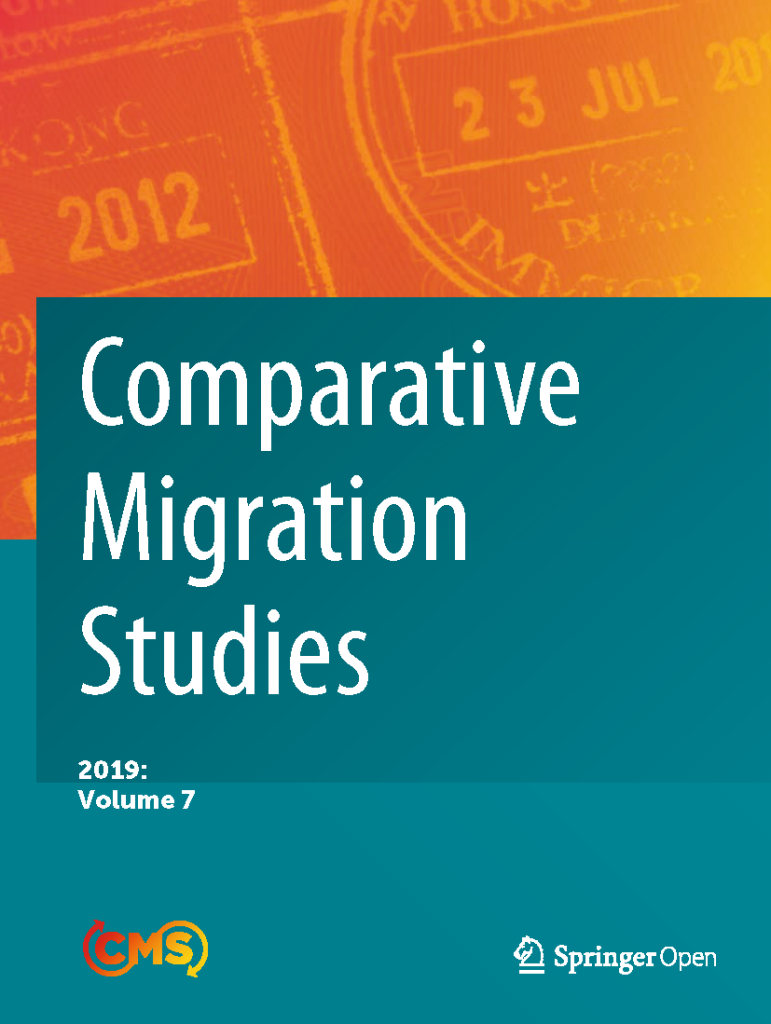
Factors influencing the spatial distribution of international retirement migrants settling in Hungary Bálint Koós, Patrik Tátrai & Dóra Gábriel Comparative Migration Studies – Volume13, Article number: 36 (2025) – Published: 05 June 2025 Abstract Over the past few decades, the forms and geographies of international retirement migration have diversified globally. An outstanding example of this […]
Assessing the readiness of Hungarian cities for autonomous vehicles – new research article by Melinda Smahó and co-authors in Cities journal

Assessing the readiness of Hungarian cities for autonomous vehicles Miklós Lukovics, Péter Kovács, Melinda Smahó Cities, Volume 165, October 2025 Highlights Provides a method for assessing urban autonomous vehicle readiness Builds on responses from local policymakers and urban experts in 56 cities (91.8 % sample) Applies multivariate methods: clustering and multidimensional scaling Identifies AV-readiness […]
Post-socialism: still here? New research article by Erika Nagy in Eurasian Geography and Economics journal

Post-socialism: still here? Erika Nagy Eurasian Geography and Economics – Published online: 27 May 2025 Abstract This Commentary is a contribution to the debate on the relevance of the concept of post-socialism today, and it considers reconceptualizing rather than abandoning it. The key argument of the Commentary is that we should give up the […]
Towards One Aim through Different Pathways – Similarities and Differences in National Qualifying Competitions for the International Geography Olympiad – by Dóra Bálint

Towards One Aim through Different Pathways – Similarities and Differences in National Qualifying Competitions for the International Geography Olympiad Dóra Bálint This article focuses on a specific segment of education: talented students, more precisely, how different countries organize their national qualifying competitions for the International Geography Olympiad (iGeo). As the iGeo is the […]
The effect of regulatory requirements on market liquidity: ESG promotion as a special case – new research article by Péter Csóka and Judit Hevér
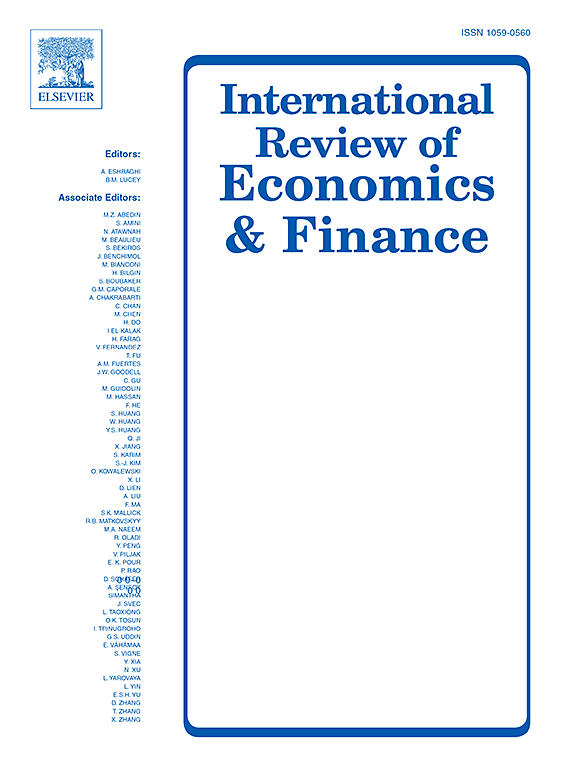
The effect of regulatory requirements on market liquidity: ESG promotion as a special case Judit Hevér – Péter Csóka International Review of Economics & Finance – Volume 100, June 2025 Abstract Liquidity is a key consideration in financial markets, especially in times of financial crises. For this reason, regulatory attention to and measures in […]
Round-Tripping Foreign Direct Investments: What are the Main Factors? New research article by Magdolna Sass and Imre Fertő has published in Global Policy journal
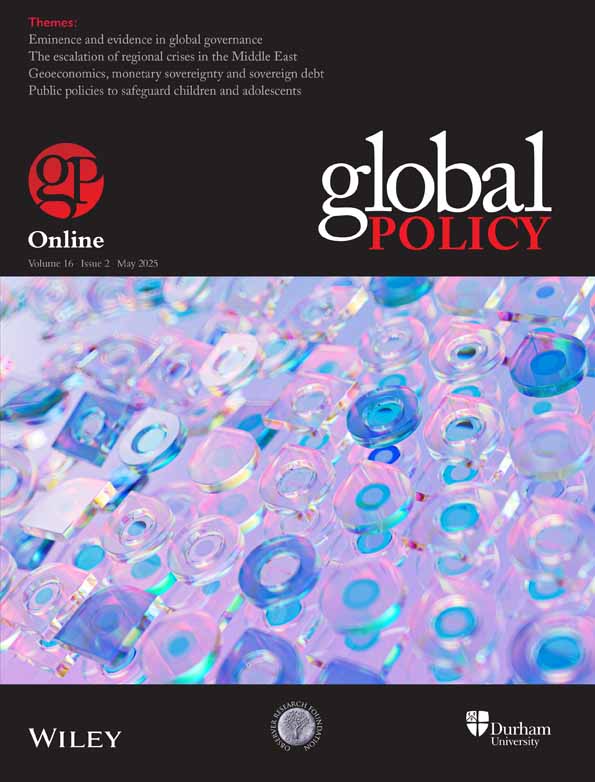
Round-Tripping Foreign Direct Investments: What are the Main Factors? Magdolna Sass – Imre Fertő Global Policy – First published: 28 May 2025 Abstract FDI round-tripping has become an increasingly important issue in the world economy, with significant implications for tax revenues, regulatory frameworks, and economic policy. Little is known about its importance and characteristics […]


